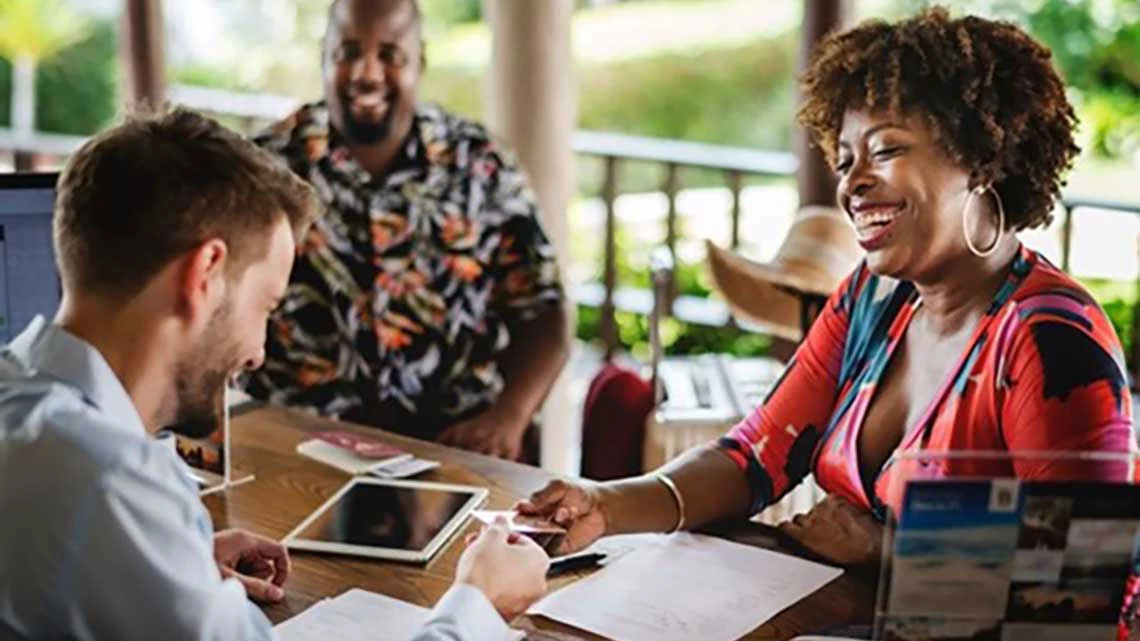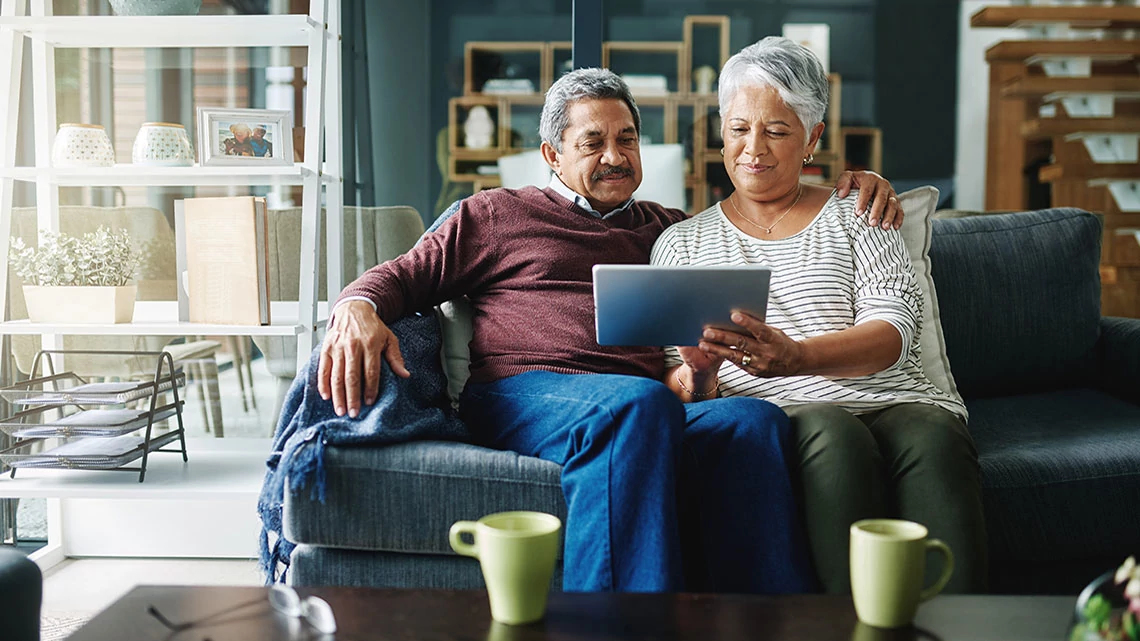AARP Hearing Center


Doctors dedicate their careers to taking care of strangers. But what happens when they have to step into a caregiving role for their own parents?
“It was very difficult to coordinate care long distance.”
AARP reached out to four doctors and asked. Although the physicians had widely varying experiences, they all agreed on one thing: caregiving is hard.


AARP Membership— $12 for your first year when you sign up for Automatic Renewal
Get instant access to members-only products and hundreds of discounts, a free second membership, and a subscription to AARP the Magazine.
“I felt guilty doing the things that I enjoyed.”
“In my line of work, I thought I knew all the tips and tricks and questions to ask,” says Teah Bayless, D.O., a family medicine and geriatrics specialist with Duke Family Medicine in Durham, N.C. “But it’s different when it’s your own family member and you’re in the throes of it. It was a lot harder than I expected.”
“Things fall through the cracks.”
Here, physicians share what they learned after seeing a mother or father through a serious illness or surgery — and how the experience changed their approach to medicine.
“I did not attend to my own needs.”
Mikkael Sekeres, M.D., a hematologist and oncologist at the Cleveland Clinic, was thrown into a caregiving role when his mother was diagnosed with lung cancer last year. He recalls that when his mom first told him about the abnormal spot on her chest x-ray, he offered to help schedule a biopsy to find out if it was cancer — and then was shocked at how long getting one took. “Even though I was a doctor who had access to back lines, it still took a good two weeks,” he says. “It was very difficult to coordinate care long distance.” That’s part of the reason Sekeres brought his mom to the Cleveland Clinic for treatment after the spot was identified as cancer. After a colleague performed the surgery, Sekeres’ mother stayed with him while she recovered. That month was tough for both of them, he says, partly because it changed the dynamic of their relationship. “My mom is a professional with a lot of leadership experience, and she is used to calling the shots,” he says. “The loss of control was hard.” The good news is that his mom, now 75, is in full recovery, and is even back to work as a full-time administrator of a housing complex.
Lessons Learned:
For a serious diagnosis, seek a second opinion. Sekeres says his mom’s initial diagnosis was Stage 3 lung cancer that had spread to the lymph nodes, which would require surgery, chemotherapy and radiation. But after a second doctor ordered an additional scan, it showed the cancer actually hadn’t spread; meaning chemo and radiation weren't necessary after all. When you have a serious diagnosis like cancer, always get a second opinion, preferably from a specialist, Sekeres says. A different doctor may have a different interpretation of something like a PET scan or you may simply be reassured because he or she agrees with your first physician.
Ask doctors to be specific in their recovery advice. Sekeres felt like he was always nagging his mom to get up and walk around after the surgery, since her doctor had recommended it as part of her recovery plan. Next time, he says he will ask for more specifics: “How often does she need to be walking?” Doing so takes the burden off the caregiver, he notes, since you can blame the doctor by saying something like, “Mom, the doctor said you need to get up and walk for 10 minutes, three times a day.” From there, you can plan together how to fit that in.































.jpg?crop=true&anchor=13,195&q=80&color=ffffffff&u=lywnjt&w=2008&h=1154)

































More on caregiving